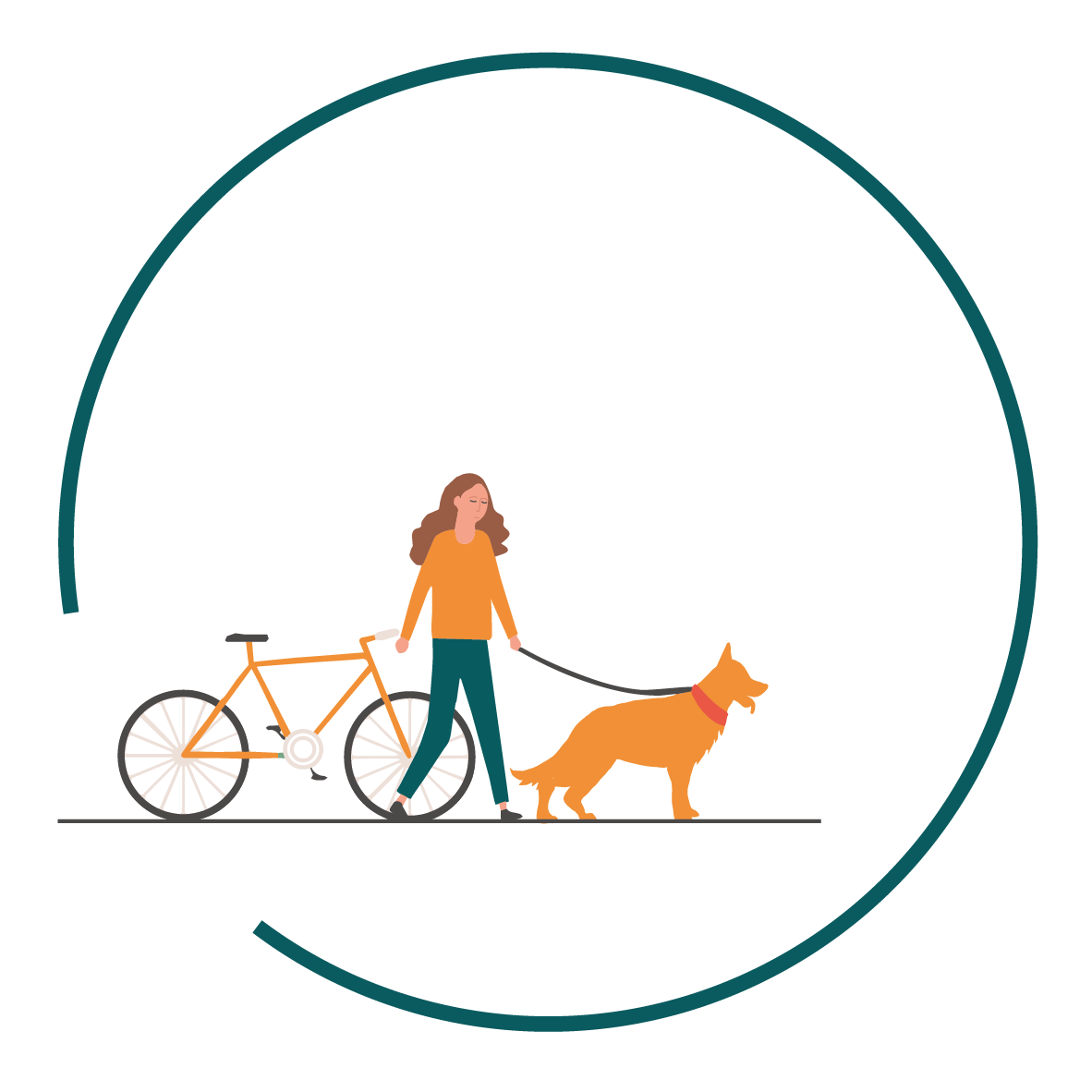LIFESTYLE
The discussion suggests that many companies will employ staggered or shift working patterns possibly over 7 days to allow a return to the office, while reducing occupancy and demand on public transport. There has been an increase in work outside of traditional hours, with the flexibility better suiting people’s lifestyles, while many expect a significant increase in remote working in the future.
With new social norms, typical greetings and office behaviour has changed, rituals like handshakes and hugs are no longer appropriated. The discussion also suggests that going to work sick will no longer be acceptable, reducing the sense of presentism as employers may instead work from home.
More people are expected to cycle to avoid the use of public transport, with offices accommodating this increase with many cities already upgrading their cycle infrastructure. Some suggest it may encourage the re-emergence of the private car, potentially affecting individual health and pollution.With many working from home the time normally spent on long commutes can instead be used for activities and interest. Many are utilising the extra time for exercise, walking the dog, spending time with their children or family and resting or additional sleep.



